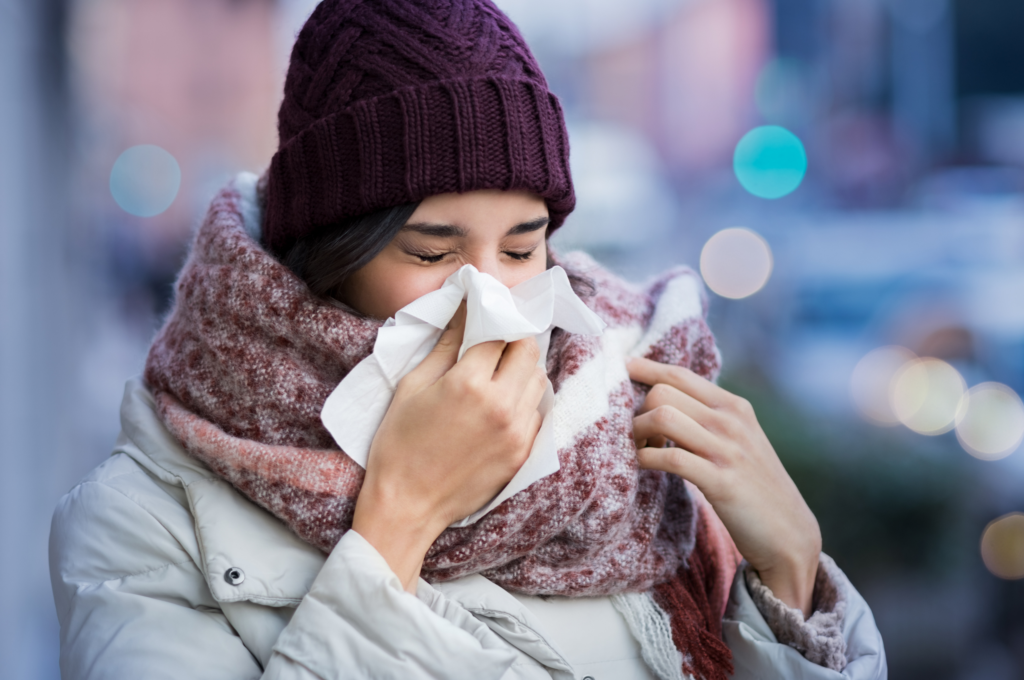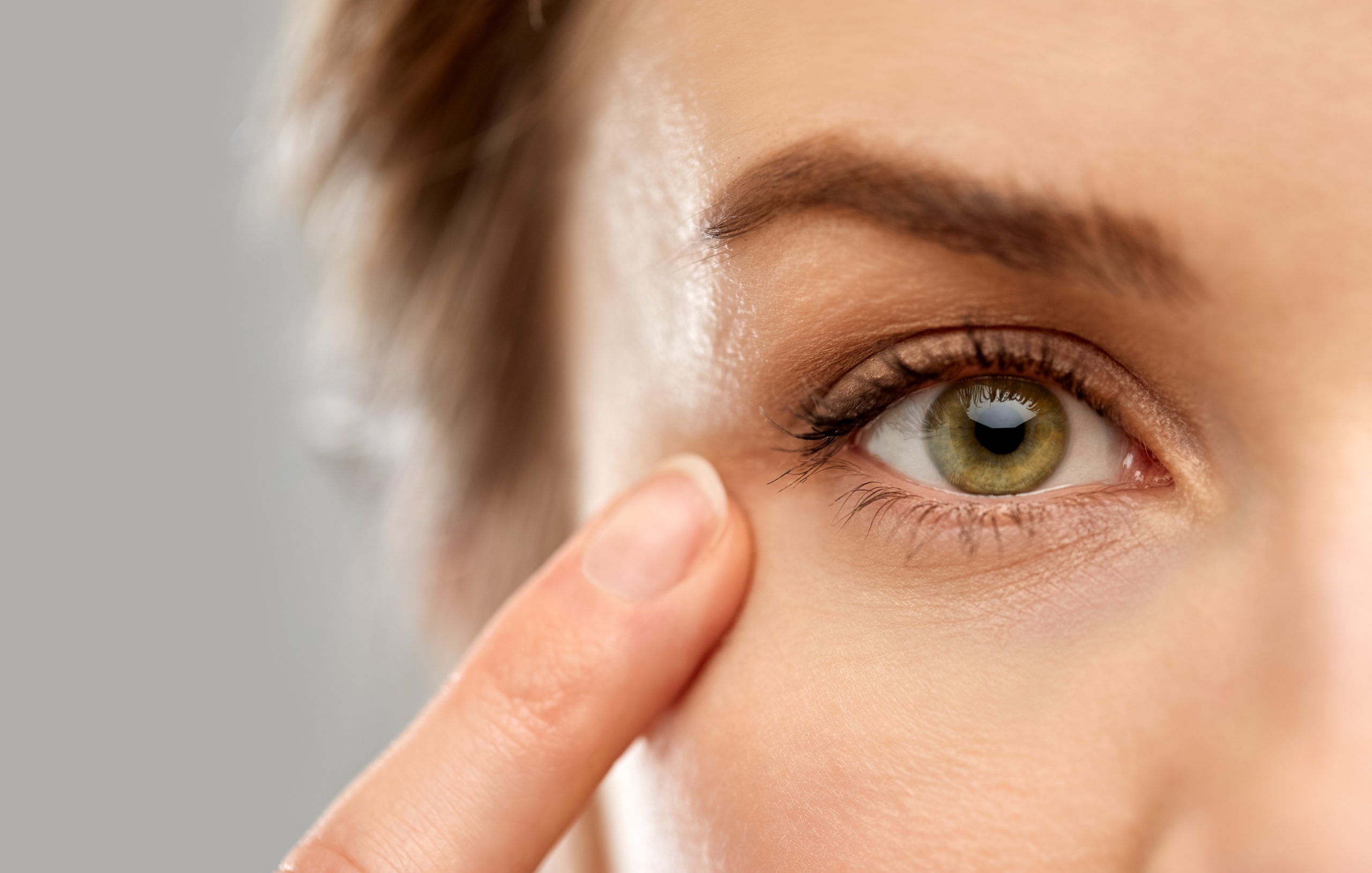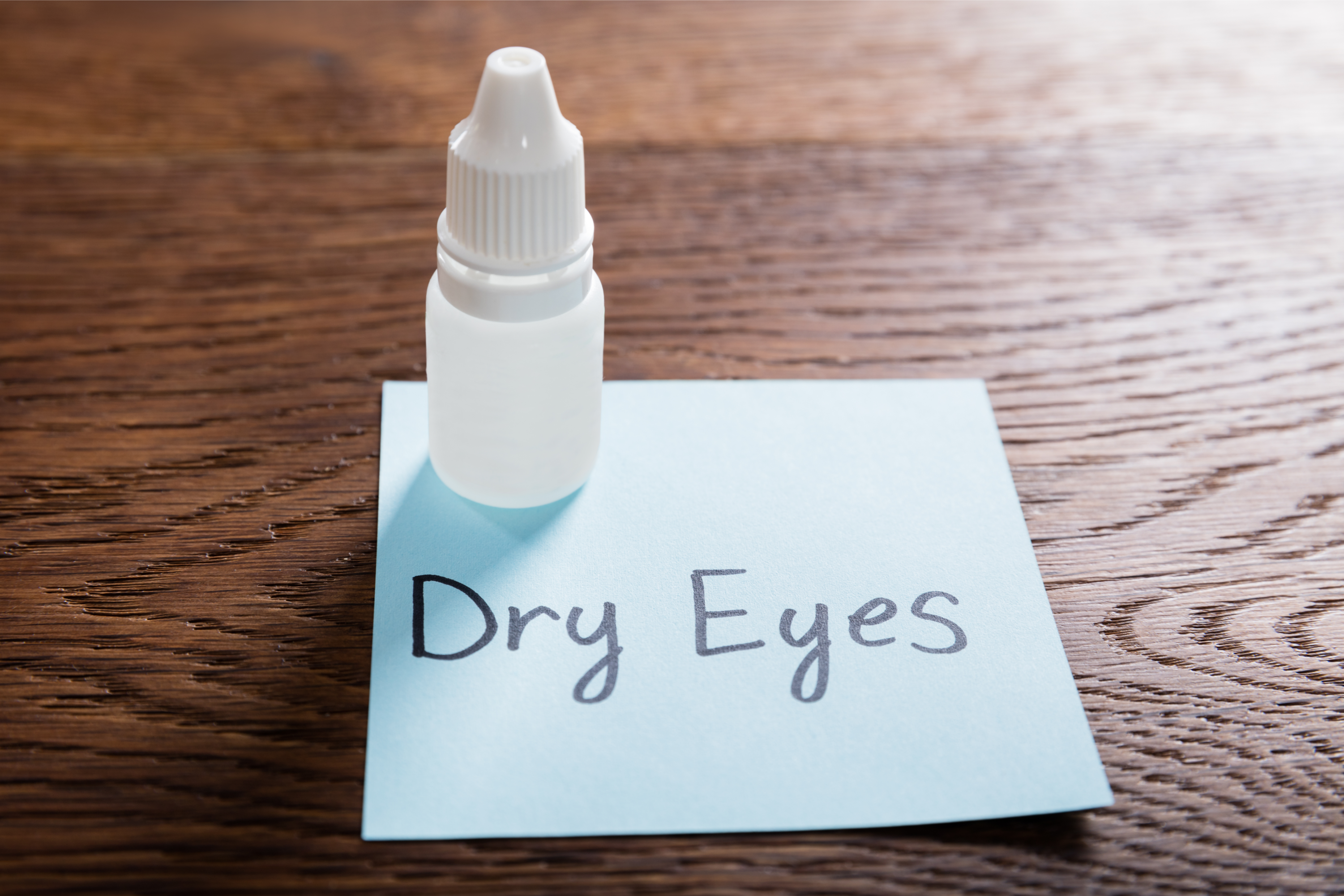
Wellington Eye Centre Optometrist
As you get out winter coats, scarves and hats it’s also time to think about your eyes! The cooler weather has some downsides for eye health but some bonuses for those considering laser vision correction surgery.
Dry Eye And Winter Time
If you suffer from dry eye, you will probably be aware of what environmental triggers make your symptoms worse. But one we often forget is home heating, especially overnight.
Over winter there is less humidity in the cold outdoor air and even less moisture inside with our heated environments. This causes dry skin, chapped lips and dry eyes. Most indoor heating techniques will warm the air, but also dry it out. If your dry eye is getting unbearable over winter, experiment and try to find a better balance with your heating so your eyes are comfy without sacrificing having toasty warm toes! Try turning the heaters off sooner in the evening, avoid having them going while you sleep, have a warm shower (adds moisture to your immediate environment) and keep your lubricating eye drops handy!
Watery Wintery Eyes
The cold wind and dry air of winter can make your eyes water. This is a natural reflex to try and counter the dry environment. Sounds like the perfect solution to winter dry eye? For most people this increased tearing is comforting. However, for those who suffer from watery eyes, the excess tearing stimulated by a polar blast will send those tears plummeting down their cheeks!
Trying to focus through an excess of tears is blurry and distorting. Tricks to avoid excess tearing are wearing wraparound sunglasses or goggles in windy environments.
However, if you find your eyes are watering when indoors, that might have more to do with an allergic reaction. Check out the next section below.

Allergies in Winter
We tend to associate allergies and hay fever with springtime, but winter has its fair share of allergens!
Because the colder temperatures force us to spend more time indoors we are more likely to be exposed to the allergens found in our homes. Winter means there is less ventilation in our buildings, we are less likely to leave windows open and the increased heating inside can send dust, animal dander, mould spores, and insect parts into the air. These allergens can then get into your nose and the surfaces of your eyes causing allergic reactions.
But there are still pollens floating around outside; if one of the pollens that gets released during winter is one you are sensitive to, then your hay fever symptoms might flare up.
In the New Zealand winter, common pollen producers are Wattle, Macrocarpa, Pine (Radiata) and Gorse. The good news is that most allergies, including eye-related allergies, can be treated with over the counter medications.
Snow Blindness
Snow blindness is actually sunburn on your eyes! If you are planning any time on the snow or ice this winter, it pays to know that sunlight from above will reach your eyes, but it can also be reflected off the snow and ice and up into your eyes. A double whammy of UV light!
The symptoms of snow blindness are light sensitivity, irritation, or pain after spending a long time outside, especially at higher elevations. Get yourself checked out by your Optometrist or Ophthalmologist to ease your discomfort, but in the meantime lubricate your eyes with preservative-free eye drops.
To avoid this, and to reduce any form of UV damage to your eyes be sure to wear protective goggles and sunglasses, especially during winter sports. To get the down-low on sunglasses and UV protection, check out our sunglass blog.

Tired Eyes and Eye Strain in the Dark Months
To make the most out of our vision we need good quality lighting. This can be harder to find in the darker months. Winter sun is often at a lower angle, making the light it casts dimmer and can cause more glare in some situations. So if you are feeling your eyes tiring or straining, make sure you have adequate lighting. Check your screen is positioned to avoid glare from windows and overhead lights, use a desk or anglepoise lamp when carrying out near tasks, and maybe you will need to reach for your reading glasses a little sooner.
Eye strain is a really common issue, especially in our fast-paced digital lives. To avoid digital eye strain make sure you have healthy screen habits, especially if you do a lot of screen work.
Laser Surgery Recovery Over Winter
But winter isn’t all doom and gloom! It is a great time to have laser vision correction done!
One of the drawbacks of LASIK eye surgery is that for four weeks after surgery you need to avoid getting water in or around your eyes. This means no swimming! So if you are a beach bunny or a water baby, you’ll struggle to stay out of the water, especially during summer. So why not schedule your surgery in the winter months?
To find out if you are suitable for LASIK or other laser vision correction surgeries, contact us for your free laser suitability assessment.
Now that those small hiccups to fun have been dealt with, it’s time to get back to enjoying winter… Skiing, hot chocolates, indoor family time, curling up with a good book and maybe a cat on your lap.

Festive Season and Your Eyes

Vitamins For Good Eye Health and Vision

Help my eyelid is twitching!

Do you need to have eye exams after laser eye surgery?

Restasis Eye Drops for the Treatment of Dry Eyes

Meet The Team at the Wellington Eye Centre

Festive Season and Your Eyes

Naumi Studio Hotel Wellington

What to Expect on The Day of Surgery

